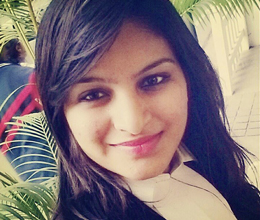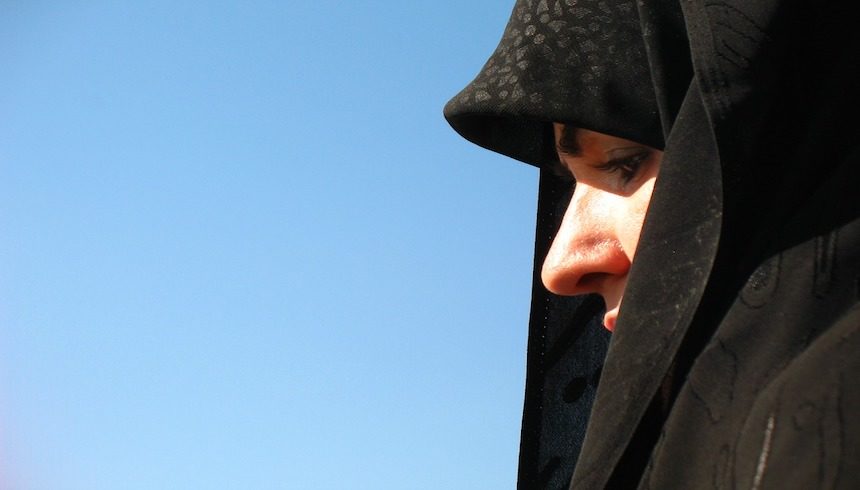Triple Talaq Bill Passed:
Two years of trenchant resistance came to an end after the Triple Talaq bill was passed by the Rajya Sabha on 31st July 2019 with the support extended by the BJD, while BJP constituents, JD(U) and AIADMK staged a walk out. Amid relentless protest by the opposition to have the bill reviewed by the standing committee, the bill could not be passed by the Rajya Sabha earlier this year. The Lok Sabha again passed the bill last week, and this time the bill was finally passed in the Rajya Sabha by 99 votes in favour and 84 votes against it. This was possible as several members of the opposition parties abstained from the voting process. So, this is a huge win on the floor management for the NDA.
Spirited Prime Minister, Narendra Modi stated that an archaic practice has been confined to dustbin of history. However, leader of the Opposition, Ghulam Nabi Azad termed the bill as politically motivated to destroy Muslim households with domestic fights.
Subsequent to the ground breaking judgement by the Supreme Court of India , the Central Government of India had introduced the Bill in line with the Supreme Court’s Judgement. The Bill is called “The Muslim Women (Protection of Rights on Marriage) Bill, 2017 (Triple Talaq Bill).”
Important Points in Triple Talaq Bill:
(i) The Bill makes all declarations of instantaneous talaq, including written and electronic form to be void and illegal.
(ii) The Bill makes declaration of instantaneous talaq, a cognisable and non bailable offence. Cognisable means that the accused can be arrested without warrant.
(iii) The husband can be punished for a period of three years and fine.
(iv) The accused can be granted bail by the Magistrate only after hearing the woman against whom triple talaq has been pronounced.
(v) Offence may be compounded i.e., settle the dispute and stop the legal proceeding by the Magistrate at the request of the woman
(vi) The Bill provides for subsistence allowance to a Muslim woman against whom divorce has been declared by the husband for herself and her dependent children. The amount is to be decided by the First Magistrate Court.
(vii) She is also entitled to seek custody of her children, which is to be determined by the Magistrate.
Historic Hearing on Triple Talaq:
The Constitution Bench of the Supreme Court on 18th May, 2017 had reserved its judgment on Triple Talaq after a 6 days long hearing. The Bench consisted of Chief Justice J S Khehar, and Justices Kurian Joseph, R F Nariman, U U Lalit and Abdul Nazeer belonged to Sikh, Christian, Parsi, Hindu and Muslim community respectively. Interestingly, while all judges participated in the discussion and tried to explore various possibilities, Justice Abdul Nazeer did not utter a single word through- out the six days.
Also, the fact that Senior leader Kapil Sibal represented the All India Muslim Personal Law Board (AIMPLB) makes this case even more riveting.
All the judges in the bench had an English translation of the Holy Quran before them on all days.
Arguments by AIMPLB:
- One of the main arguments of AIMPLB was that Triple Talaq was intrinsic to Islam and that it has been in practice for the last 1,400 years. However, by the end of the day, AIMPLB did concede that triple talaq was an undesirable practice. However, Kapil Sibal said that Muslims should be allowed to get rid of it on their own. He added ‘Work is on to discourage the practice and outsiders should not interfere.’
- When the Court questioned as to why the community hasn’t done anything yet to eradicate the practice and why the procedure of talaq changed from what it was in Quran, paving way for divorce to be given via Whatsapp and Facebook messages. To this, Kapil Sibal replied that the community was trying to advise and educate the people.
- Further, Kapil Sibal said that it was a matter of faith and belief as the messengers of Allah and his companions talk about triple talaq. He drew an analogy saying that Hindus belief that Ayodhya being the place of birth of Ram could not be questioned on constitutional morality.
- AIMPLB said that triple talaq is a dying practice. However, challenging the constitutional validity of triple talaq or instant oral divorce would lead to a backlash as the Muslim community might feel that their rights are being interfered with. Kapil Sibal added that as it is triple talaq is being followed by a minuscule portion of the Muslim community.
Arguments by the Centre:
- In response to the argument regarding triple talaq being in practice since the last 1400 years, Government’s top lawyer Mukul Rohatgi contended that ‘triple talaq was not an essential part of Islam and it could not be allowed to continue just because of its practice in the last 1400 years. Can anyone say that human sacrifice must be allowed just because it was practiced earlier.’ He referred to sati, devdasi and untouchability among Hindus and said that these were also practices that were followed for years before they were done away with. He said that rights under Article 25 of the Constitution are not absolute and that even the core practice of a religion could be tested on the grounds of fundamental rights. He added that it cannot be left on a community to decide what fundamental right is.
- The Centre argued that issues like marriage and divorce have nothing to do with religion and Triple Talaq violated gender equality and human rights. It told the court that if the judges decide that Triple Talaq is unconstitutional and invalid, then it would bring a fresh law on marriage and divorce in Muslims.
- Shayara Bano’s Advocate Amit Chadha said “AIMPLB, the male dominated and patriarchal board, should get rid of its beliefs. Triple Talaq is a sin.
- In response to Kapil Sibal’s argument that Supreme Court should not interfere with the matter as it would lead to a backlash from the community, counsel Chadha argued that it has already been extensively debated that triple talaq is not a part of Quran and the board itself has admitted that the practice is undesirable, then why should it not be touched by the court, which is the custodian of fundamental rights.
On May 17, 2017, the Chief Justice of India (CJI) J S Khehar asked the AIMPLB if a woman can be given an option of refusing triple talaq at the time of execution of marriage to which senior lawyer Kapil Sibal said that he would respond after talking to all the board members.
On May 18, 2017, senior counsel and AIMPLB member Yusuf Mucchala said that at the time of marriage, religious functionary shall inform the bride to be that she has an option to incorporate in the nikahnama that her husband shall not pronounce divorce to her in one sitting. He did not give a time limit but said they would do it. Though, counsel Chadha said that this would not solve anything as the Muslim women who have been a victim of triple talaq would still have to approach the court for justice.
Judgement:
The historic hearing came to an end on May 18th , 2017 after the 5 judge constitution bench had sat to hear the petition during court vacation. An unprecedented move by Justice Khehar, as usually a four judge bench sits during vacation. Also, the court heard two cases involving constitutional validity, them being, matter on triple talaq and another on whether whatsapp sharing with facebook details of its customers’ calls, messages, photos, documents etc is a violation of its customers’ right to privacy.
This was criticized by the senior lawyers including attorney general Mukul Rohatgi as Supreme Court has never heard matters of constitutional validity simultaneously. Senior Lawyer Rajeev Dhawan said that in his view CJI Khehar only wants to show towards the end of his career that he has done more work than possible. Khehar’s term ended on August 28, 2017.
On August 22, 2017, the Hon’ble Supreme Court, with 3:2 majority declared triple talaq illegal and unconstitutional.
Conclusion:
One of the prominent reasons why the Bill was being objected for so long is because the opposition and certain section of the society wanted tripal talaq to be a civil offence deeming the present provision which makes triple talaq a criminal offence that is cognizable, and non-bailable, as quite harsh that could be used to harass Muslim men. However, Law Minister Ravi Shankar Prasad justified the three year jail term by citing jail provisions against Hindu Men for committing bigamy and dowry offence. Adding that when the Muslim world is willing to change, why can’t a democracy do the same.
With the above ground-breaking judgement and successful passage in both houses of Parliament, the bill only awaits the President’s assent to become a law. Now, it remains to be seen if the Government has set the stage ready to pass more contentious bills such as the Uniform Civil Code.
Picture Courtesy: Pixabay







